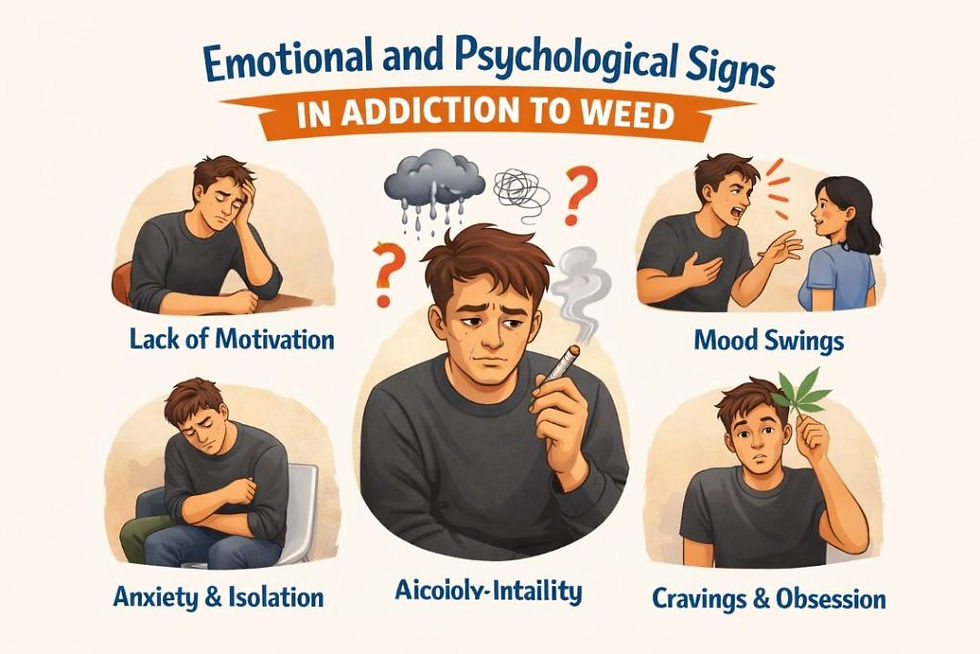Oppositional Defiant Disorder (ODD): Symptoms, Causes, and Treatment
- Felicia Parris

- Nov 7, 2024
- 3 min read
Oppositional Defiant Disorder (ODD) is a behavioral disorder most commonly diagnosed in children and adolescents. Characterized by a pattern of defiant, hostile, and uncooperative behavior toward authority figures, ODD can disrupt family life and academic and social interactions. However, with the right support and intervention strategies, children and their families can learn to manage ODD effectively. Here’s an in-depth look at ODD's symptoms, causes, and effective treatment options.

What is Oppositional Defiant Disorder?
Oppositional Defiant Disorder (ODD) is a condition characterized by a persistent pattern of angry, irritable moods, argumentative or defiant behavior, and vindictiveness toward authority figures. Children and teens with ODD may frequently lose their temper, challenge rules, blame others for their mistakes, and deliberately annoy people around them. These behaviors typically go beyond what might be considered typical childhood rebelliousness and are often intense enough to affect school performance and family dynamics.
Recognizing Symptoms of ODD
ODD symptoms can vary in intensity but generally fall into three categories:
Angry or Irritable Mood: Children may often appear resentful, easily lose their temper, and are frequently annoyed by others.
Argumentative and Defiant Behavior: Kids with ODD frequently argue with adults, actively defy requests or rules, and may deliberately provoke or irritate others.
Vindictiveness: In some cases, children may act spitefully or seek revenge on those they perceive as causing them harm.
These behaviors need to be consistent for at least six months and should be noticeably more severe than those exhibited by other children of a similar age.
Causes of Oppositional Defiant Disorder
There is no single cause for ODD, but researchers believe it develops from a combination of genetic, biological, and environmental factors:
Genetic Factors: Children with a family history of mood or behavior disorders may have a higher likelihood of developing ODD.
Biological Factors: Neurotransmitter imbalances and issues in certain brain regions may contribute to ODD symptoms.
Environmental Factors: Factors such as inconsistent discipline, exposure to violence, or lack of positive role models can also play a role.
Treatment Approaches for ODD
While ODD can be challenging, several treatment options are available to help children and families manage symptoms effectively:
Parent-Child Interaction Therapy (PCIT)PCIT is a highly effective treatment for young children with ODD, focusing on improving the parent-child relationship through positive reinforcement and effective communication techniques. Parents learn to manage challenging behaviors while promoting positive interactions.
Cognitive Behavioral Therapy (CBT)CBT is commonly used for treating ODD in older children and adolescents. It helps kids develop problem-solving skills, recognize the impact of their actions, and manage their reactions. CBT can also support children in handling anger, frustration, and social conflicts more effectively.
Social Skills TrainingChildren with ODD may struggle in social situations, often leading to conflicts with peers and authority figures. Social skills training teaches kids to improve communication, develop empathy, and interact positively with others.
Family TherapySince ODD affects the entire family, family therapy can be instrumental in creating a harmonious home environment. Family members learn strategies to support the child with ODD and develop healthier communication and conflict-resolution skills.
MedicationMedication isn’t typically the primary treatment for ODD, but it may be used if the child has co-occurring conditions like ADHD or anxiety. In such cases, medication can help manage symptoms that might be aggravating ODD behaviors.
Strategies for Parents and Caregivers
Managing ODD requires patience, consistency, and a proactive approach. Here are a few strategies for parents and caregivers:
Set Clear Expectations: Clearly communicate rules and the consequences of breaking them. Consistent discipline helps children understand boundaries.
Encourage Positive Behavior: Reinforce good behavior with praise or rewards. Recognizing and encouraging positive actions can motivate children to repeat those behaviors.
Stay Calm: Dealing with defiant behavior can be frustrating, but staying calm helps avoid escalating the situation and models constructive ways to handle emotions.
Seek Professional Help: ODD can be difficult to manage alone. Mental health professionals can offer guidance tailored to your family’s needs and provide support throughout the treatment process.
Getting Help for ODD
If you suspect that your child may have ODD, seeking a professional evaluation and treatment plan can make a tremendous difference in improving family relationships and your child’s overall well-being. Treatment can help manage symptoms and give your family tools to navigate daily challenges more confidently.
At DeLand Treatment Solutions, our team of mental health professionals specializes in helping families manage Oppositional Defiant Disorder through a range of evidence-based therapies. Whether it’s building positive communication techniques or creating a tailored treatment plan, our programs aim to empower families and support children with ODD in finding their path to a more harmonious life.
For personalized support and guidance, Visit DeLand Treatment Solutions and call us today at (386) 866-8689 to take the first step toward healing and learn more about our comprehensive ODD treatment options, and begin the journey to positive change.



Comments